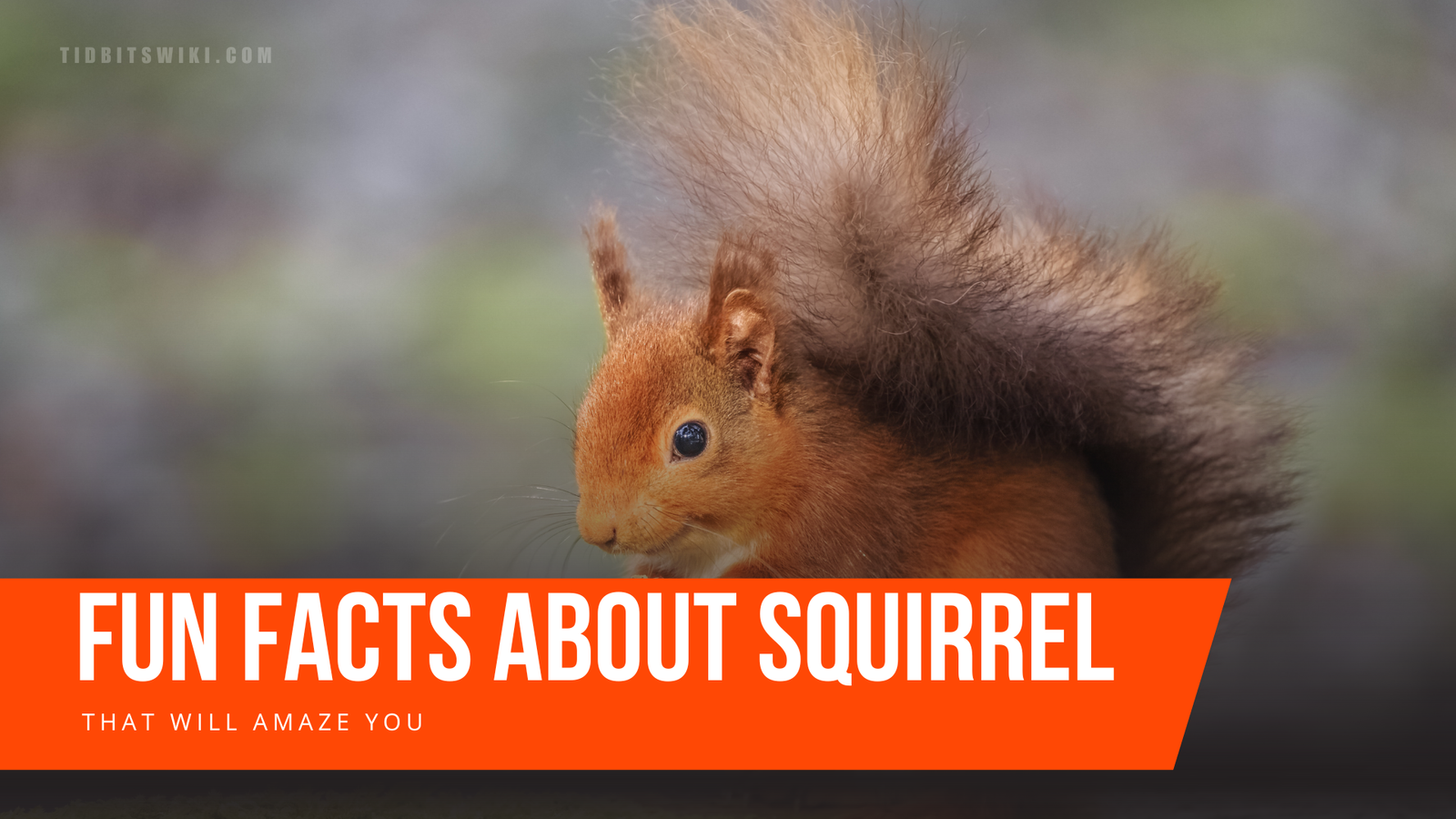Are Raccoons Dangerous? Shocking Truths and Myths You Need to Know
- Written By: Kay Ren
- Published: April 3, 2025
- 5 Minutes read

Raccoons can pick locks, open jars, and even remember solutions for years—basically, nature's tiny burglars!
Introduction
Are raccoons dangerous? These furry masked creatures appear adorable, but they can be surprising threats to humans and homes. Raccoons are a nocturnal species commonly thought of as harmless; this assumption is, in fact, far from the truth. But are raccoons dangerous enough to worry about? This article will debunk common myths and help you understand the true risks and realities of raccoon encounters.
Understanding the Nature of Raccoons
Raccoons are nocturnal, smart, and opportunistic eaters. They have adjusted nicely to urban settings, digging in trash cans and setting up shop in attics. Their problem-solving ability enables them to open doors, work latches, and overcome obstacles in search of food. But how dangerous are raccoons, really? Although not typically aggressive animals, raccoons have been known to act aggressively, especially if threatened, cornered, or infected with the rabies virus. Let’s review some myths and facts to find the truth.

Myth #1: Raccoons Are Generally Aggressive
Fact: Unless reacted to, raccoons are not aggressive.
To answer the question, “Are raccoons dangerous to humans,” it’s crucial to know their activities. Raccoons normally shy away from confrontation with humans. They’ll probably run, not fight. However, they may become defensive if:
- They’re defending their babies.
- They’re feeling trapped or cornered.
- They carry rabies or other diseases.
Aggression Red Flags
Growling, hissing, lunging, and baring teeth. If you encounter an aggressive raccoon, back away slowly and avoid confrontation.

Myth #2: Raccoons Pose No Danger to Humans
Fact: Raccoons can spread harmful diseases to humans and pets.
So, are raccoons dangerous when it comes to health? Absolutely. Raccoons are capable of transmitting multiple kinds of diseases, including:
-
- Rabies: A deadly virus of the nervous system spread by bites or scratches.
-
- Leptospirosis: A bacterial disease transmitted through urine that has flu-like symptoms.
-
- Roundworm parasites: From raccoon faeces, can cause serious neurological damage if ingested accidentally.
Protect Yourself:
Minimize direct contact with raccoons, dispose of or render animal waste unrecoverable, and wear gloves when cleaning infected areas.

Myth #3: Raccoons In The Attic Are Just A Nuisance
Fact: Raccoons in attics can damage property and pose health risks.
Some homeowners would like to know if raccoons in the attic are dangerous. The answer is yes. In colder months or during the breeding season, raccoons, such as in attics, will look for warm, quiet spots to nest. This can lead to:
-
- The chewed electrical wires have a higher risk of fires.
-
- Insulation is destroyed, decreasing energy efficiency.

How to keep raccoons out of attics:
- Keep an eye out for entry points and caulk them.
- Put chimney caps and attic vents with mesh shields.
- To deter them, install motion-sensor lights.
Myth #4: Raccoons Attack Only When Threatened
Fact: Other raccoons might snap randomly without warning, particularly if rabid.
Although most raccoons won’t attack unless provoked, the infected raccoons may show random aggression. This makes people wonder more seriously: Are raccoons dangerous to be around? Raccoon attacks on humans are very rare, however. Signs of an agitated or rabid raccoon include:
-
- Unprovoked aggression.
-
- Circling the same area or exhibiting confused behavior.
-
- Bubbling drool or spitting at the mouth.
If you see an aggressive raccoon, here’s what to do:
-
- Do not direct eye contact, and be calm.
-
- Gradually retreating without turning your back.
-
- It should go without saying, but never try to snatch a wild raccoon.
The Risks of Feeding Raccoons
While feeding raccoons may appear benign, it has been shown to:
-
- Food dependency reaction leads to Aggression.
-
- Urban crowding due to overpopulation.
-
- Increased transmission potential for disease.
Feeding wild raccoons is illegal in many municipalities because it alters their natural foraging patterns.
Ways to Protect Your Home from Raccoons
Go-to tips to keep raccoons away:
-
- Use raccoon-proof lids on trash containers.
-
- Store pet food in the house, not outside, to avoid drawing wildlife.
-
- Tip: The roof is a potentially significant entry point.
-
- Put up motion-activated lights to frighten them off.

When to Call a Professional Wildlife Removal Service
Are raccoons dangerous to deal with directly? Yes — especially if they’re nesting or aggressive.
You should consider contacting a professional when a raccoon infestation is out of control.
Experts offer:
-
- Humane trapping and moving.
-
- Some of them also include the cleanup of contaminated places.
-
- Exclusion services to help ensure future infestations do not occur.
Final Thoughts: Are Raccoons Dangerous Or Misunderstood?
Although not inherently dangerous, raccoons can be health and safety hazards when they invade human habitats. Although they are fascinating and highly intelligent creatures, it’s important to maintain distance and, if necessary, take preventative measures to secure your home.
Have you spotted raccoons in your neighborhood? Let us know your experiences in the comments!
Frequently Asked Questions About Raccoon Dangers
Raccoons don’t typically attack people, but the occasional renegade raccoon, meaning one who has rabies and would be very, very sick, could get cornered or frightened and do something crazy. They can bite and scratch in self-defense, carry diseases such as rabies, leptospirosis, and raccoon roundworms, and transmit parasites.
Raccoons are generally not capable of seriously injuring a cat, and the situation may quickly resolve itself if a cat approaches a raccoon. Most conflicts happen over food or when a cat and a raccoon consider the same space to be their territory.
Yes, raccoons can attack a dog, particularly if they feel threatened or the dog insists on breaking into their territory.
Raccoons can be infected with and carry rabies, leptospirosis, raccoon roundworm, canine distemper, and salmonella. These diseases can be transmissible to humans and pets, especially through close contact, bites, scratches, or feces.
Raccoons aren’t necessarily aggressive by nature, but they do get defensive if they feel the need to protect their young or if they’ve been infected with rabies. They are nocturnal and inquisitive by inclination, and they prefer to avoid confrontation when they can.
Yes. Raccoons destroy roofs, attics, and insulation to get into a structure and find a suitable den. They can also ruin gardens and disturb open trash cans and soil areas with their droppings.
Although raccoons are nocturnal, and a raccoon exploring during the day is often a sign something is wrong, that is not always the case. But if raccoons start acting disoriented, aggressive, or extremely fearless, stay away from them and seek help from local animal control.
No, raccoons are wild and not the best house pets. In some cases, it is illegal to own them as pets because of the health risks and the unpredictable nature of the animals.
LATEST FACTS






